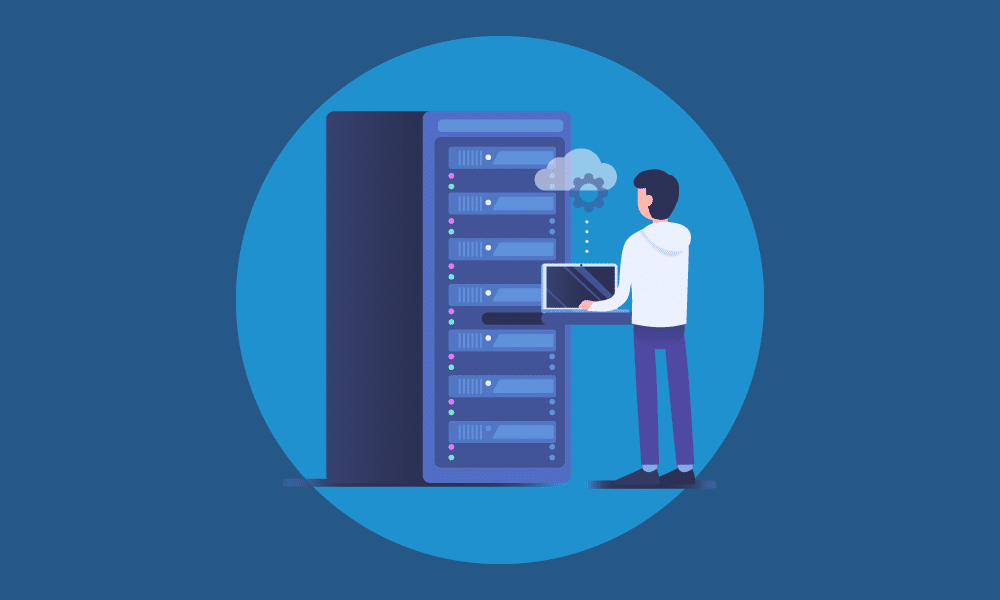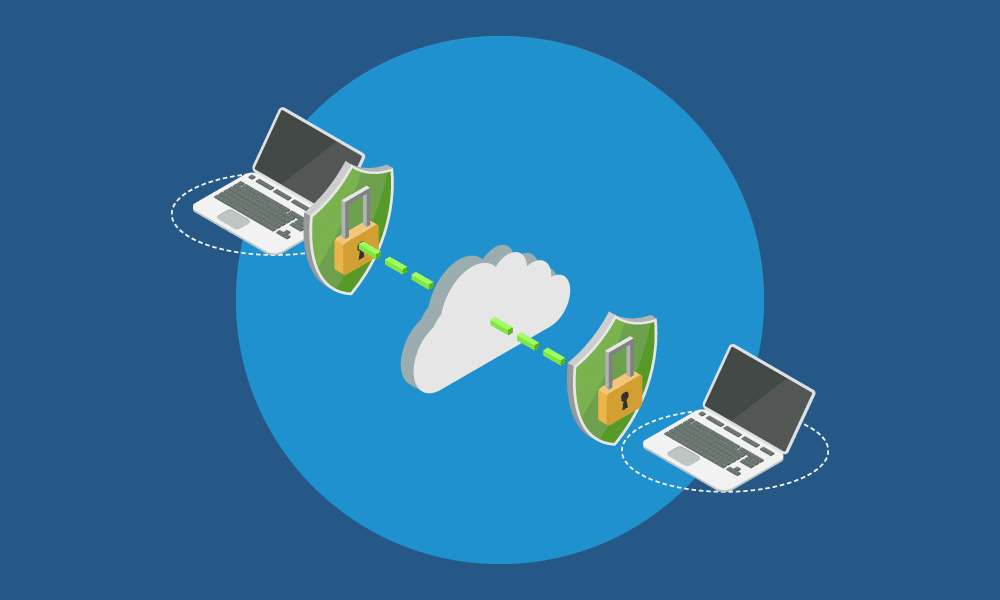It’s generally more secure to host your IT assets in the cloud than installing or hosting them onsite.
This is mainly due to the fact that cloud hosting companies can afford to implement the most effective security measures and hire the most qualified IT security personnel.
Cloud providers have much larger IT budgets than the average business, and their operating costs are shared amongst their thousands or millions of customers.
These are the main advanced security measures that only cloud providers, for the most part, can afford to implement:
Custom-developed hosting platforms.

Cloud providers often develop and use their own ultra-secure or “hardened” hosting platforms (a process that can result in tens of thousands of dollars in software development costs), since many commercially-available server operating systems and hypervisors have known vulnerabilities and are well-known to hackers.
Well-protected datacenters

Most businesses won’t do much more to protect their onsite hosting hardware (servers, storage devices, networking equipment, etc.) than store it in a locked room or closet.
Cloud providers, on the other hand, protect their data centers from unauthorized access with measures such as 24x7x365 patrolling security guards, closed-circuit video surveillance systems, card readers or palm or fingerprint readers, and impenetrable steel doors.
Advanced network and system security

Cloud providers protect their networks and systems from unauthorized external access with measures that include:
- Authentication systems
- Firewalls
- Network monitoring
- DDoS mitigation software
- Content filtering
- Spam filtering
- Antivirus
- IDS/IPS
- Patch management
- And data encryption
While many individual businesses also protect their networks and systems with these types of measures, the ones that cloud providers use are usually more advanced, either because they’re the more expensive, top-tier versions of these products, or because they’ve been extensively customized or reprogrammed by the cloud provider in order to maximize security.
Extensive internal security controls

In addition to protecting themselves from external security threats, cloud providers also implement internal security controls.
This is mandatory to ensure that all of the correct security measures are implemented in the correct way; that security incidents such as malware infections are responded to correctly; and that all employees understand their IT security responsibilities.
These controls, in the form of security policies and procedures, are more comprehensive, more clearly defined, and more strictly enforced than those of the average business.
On-staff IT security specialists

Cloud providers can afford to hire $50,000+ per year IT security specialists. This includes chief security officers, security engineers, and information security analysts. These professionals have the knowledge and experience to be able to maximize the effectiveness of the cloud provider’s crucial systems. These include security measures, policies, and procedures.
It would cost a business at least several hundreds of thousands of dollars, and sometimes millions of dollars, to set up and maintain an IT security system that’s as advanced and comprehensive as that of a cloud provider.
But businesses that can’t afford to implement their own enterprise-level IT security system has an option. They can still afford to sign up for hosted solutions from a cloud provider.
They are sharing the costs of the cloud provider’s security measures with the provider’s thousands or millions of other clients. Which means they only have to pay a small percentage of the cloud hosting company’s total security costs.

